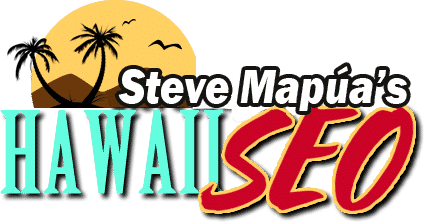Hawaii Website Design – Everything You Need to Know About Digital Millennium Copyright Act (DMCA)
The internet makes it easier for artists, authors, photographers, and writers to upload their works online. However, it has also become effortless for others to steal them. So, what can you do if someone illegally takes your photos, videos, or books and sells them? The Digital Millennium Copyright Act (DMCA) has the answer to that question.
What is the Digital Millennium Copyright Act (DMCA)?
On October 28, 1998, the US government passed the Digital Millenium Copyright Act (DMCA). The act aims to balance the interests of copyright owners and users. Moreover, it also intends to look into any sort of copyright infringement that arise in the digital world.
Does DMCA apply worldwide?
The short answer is no. The DMCA is part of the United States copyright law; therefore, it is applicable only to the websites hosted in the US. All sites hosted in the US are expected to obey the law. For instance, the copyright owner lives outside of the US. He can still issue a DMCA notice as long as the hosting website is located in the United States.
What is a DMCA safe harbor?
The DMCA safe harbor is a provision of the DMCA. It aims to provide a safe haven to Online Service Providers (OSP) by excluding them from direct copyright infringement. Additionally, there are four permitted safe harbors under the DMCA. In other words, the Congress approved of these safe harbors. The permitted safe harbors are as follows:
- System caching
- Information location tools
- Temporary digital network communication
- Storing information at the user’s direction on system or network
Moreover, the provision aims to improve the quality and variety of services provided on the internet.
What is fair use?
According to Wikipedia, fair use permits limited use of copyrighted material without having to acquire permission from the copyright holder. Moreover, it also promotes creativity using the copyrighted content. If you use copyrighted materials for purposes like news reporting or research, you won’t be charged with copyright infringement.
If you want to determine whether there was Fair Use of the copyrighted work or not, consider the following factors below:
- Nature of the copyrighted work/content
- Usage purpose of the copyrighted work; whether it’s of commercial nature or for educational purposes
- The amount and substantiality of the portion used by the third person
- How the portion used will affect the potential market and its impact on the value of the copyrighted content
What is a DMCA takedown notice?
A DMCA takedown notice is an official notification to the company, search engine, ISP or web host that informs them that the material they are hosting or linking to infringes on a copyright. Once a company or website receives a notice, they should immediately take down the copyrighted material. The ISP can forcibly take down the content if the company won’t remove the the copyrighted material right away.
You can send a DMCA takedown notice for copyrighted materials such as books, poetry, images, videos, songs, and even digital softwares. However, when the website that hosts the copyrighted content is not located either in the US, you might face some hurdles.
In conclusion, be careful when you use materials found on the internet. Make sure that you are abiding by the copyright laws. If you want to know how to properly credit someone, read How to Give Proper Credit When Using Creative Works. Also, if you want to use stock photos on your website, I have shared some tips on 8 Ways to Use Stock Photos on Your Website.

